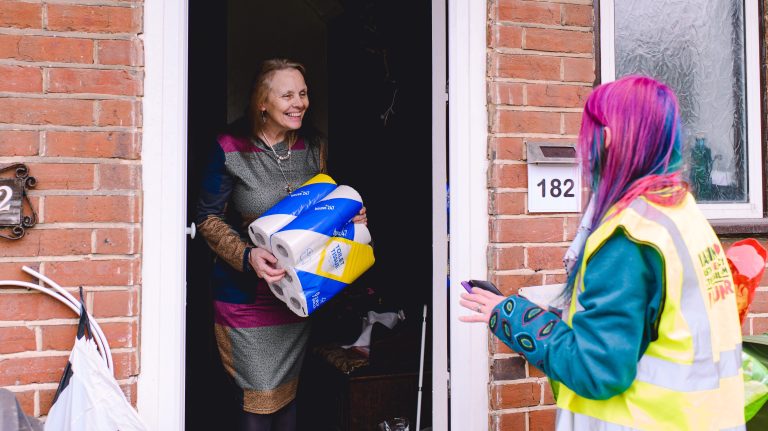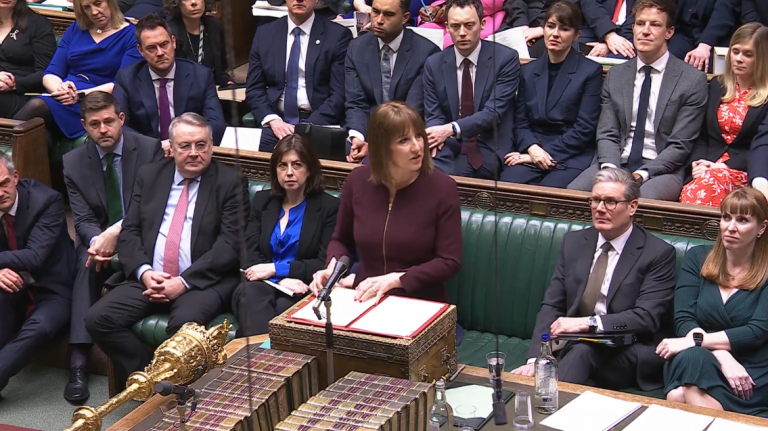Support The Big Issue and our vendors by signing up for a subscription
Suspending the benefit cap at least until the end of the pandemic is also vital in stopping even more people plunging into poverty, MPs said in the report. The group heard from people who do not benefit from the £20 increase because of the policy, which limits the payments out-of-work households can receive despite widespread challenges finding a job during the pandemic.
Just 1.4 per cent of what the UK spends on social security goes on unemployment, according to the Office for National Statistics.
And scrapping the increase, due to end in April, would “reverse” progress made in lifting black, Asian and other people from ethnic minority backgrounds out of poverty, the group warned.
A fifth of the people set to lose income when the Universal Credit payments are cut are from a BAME household. Dropping the increase would mean a step backwards on tackling the “systemic overrepresentation” of BAME people in poverty since the Conservative government introduced austerity measures a decade ago, the report’s authors said.
Half of households affected include a person who is disabled, while 60 per cent of all single parents will be hit by the reduction in payments.
Advertising helps fund Big Issue’s mission to end poverty
Campaigners are calling for the £20 increase to be made permanent, and for support measures to not simply end once the Covid-19 crisis is under control, as has been suggested by Government sources.
“By extending the £20 Universal Credit uplift for a few months, the Government would be doing nothing to prevent a surge in poverty,” a Joseph Rowntree Foundation spokesperson said.
“It would simply delay it to a time when we’re still in economic turmoil and unemployment will be higher.”
When the Labour party forced an Opposition Day vote on keeping the £20 increase, six Tory backbenchers including former work secretary Stephen Crabb defied the party line and voted in support.
Kevin Hollinrake, a Yorkshire Tory MP and co-chair of the APPG on poverty alongside the SNP’s Neil Gray, was not one of them.
Advertising helps fund Big Issue’s mission to end poverty
But he said there was a “compelling case” for making the increase permanent.
Another legacy benefits expert by lived experience, Shirley Widdop, told the MPs a £20 increase could help her reach the minimum basket price for online supermarket orders.
Despite reports suggesting Chancellor Rishi Sunak was considering one-off £500 and £1,000 payments to Universal Credit claimants to replace the increase, the APPG did not ask for evidence on what a lump-sum could do for families in need, the report said.
This is because the MPs believe in backing a permanent increase over a one-off “to provide continued financial stability to households who need it most”.










